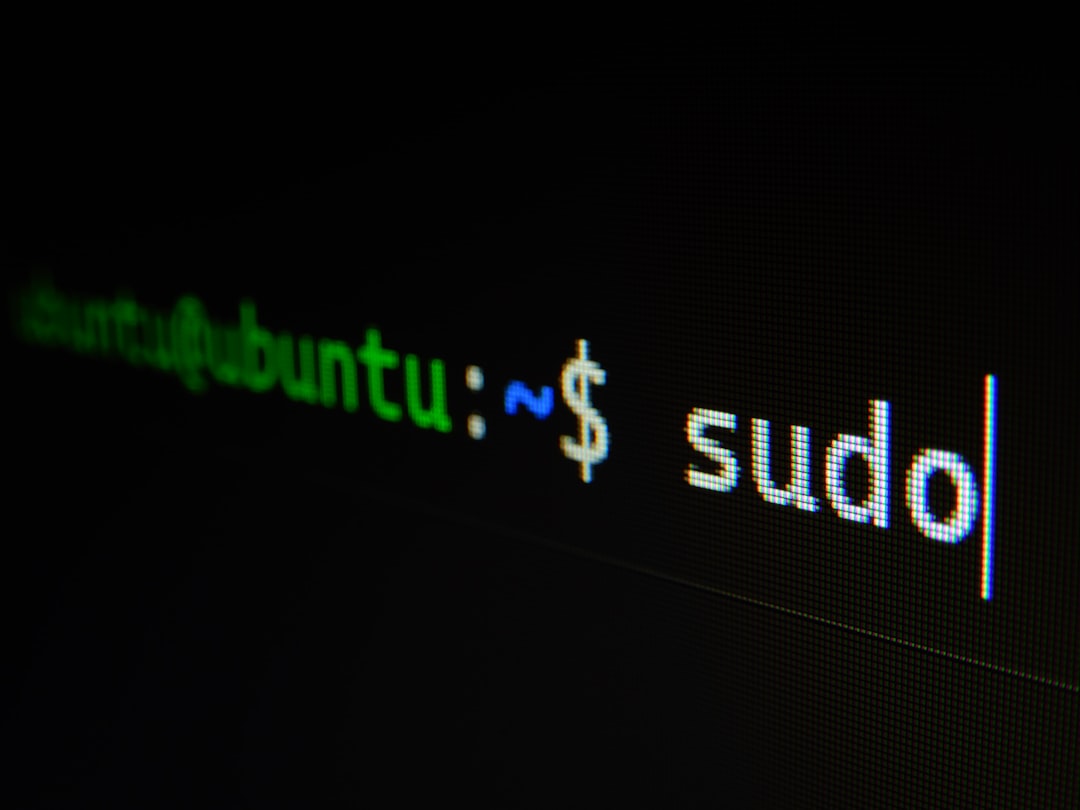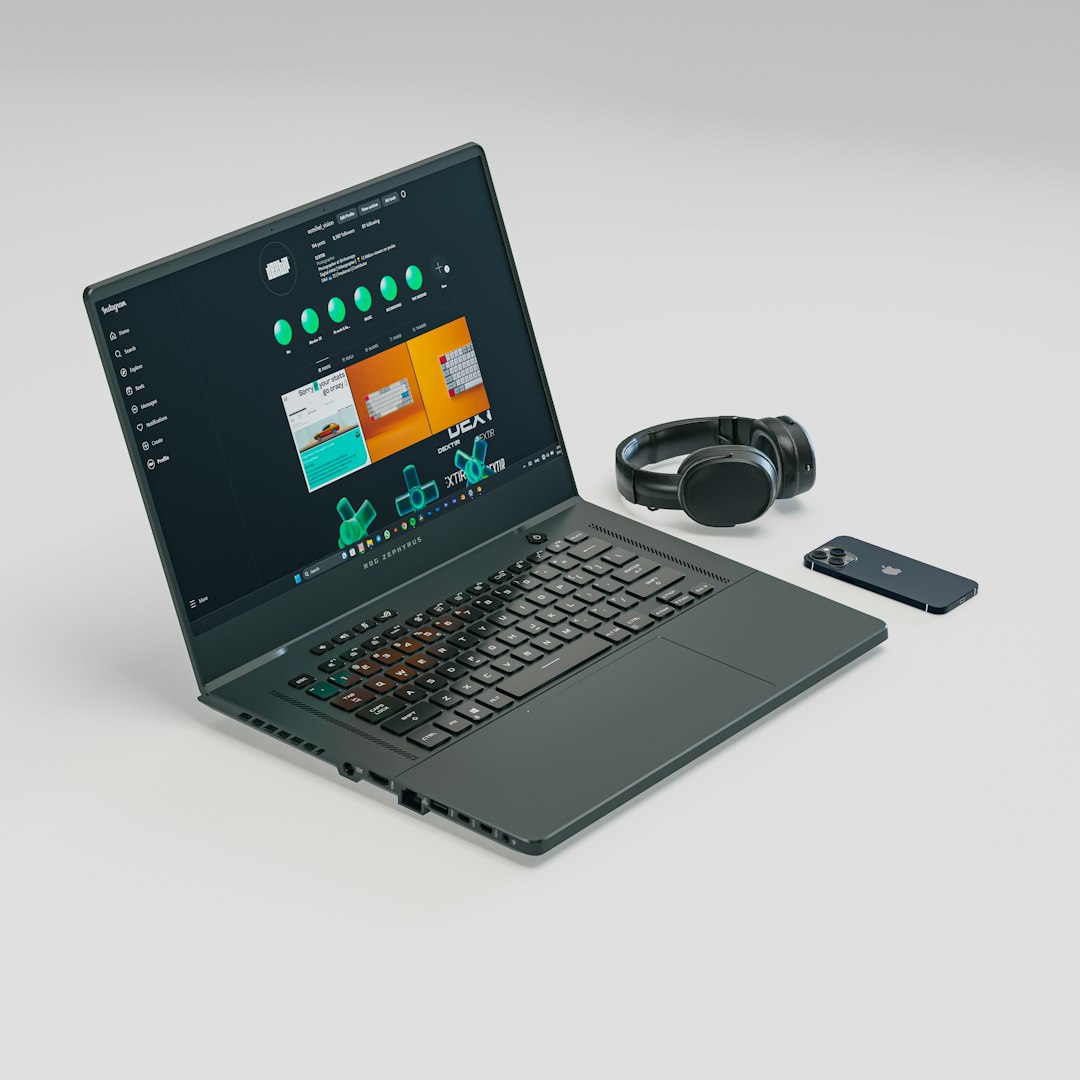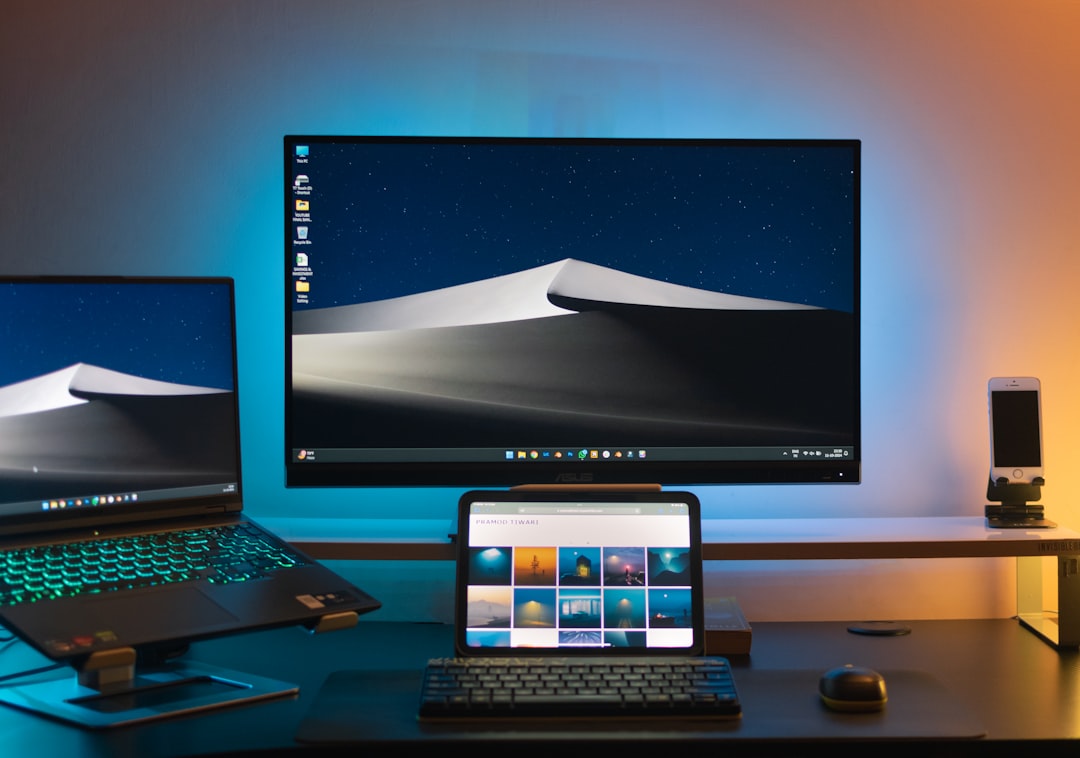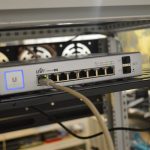Choosing a Linux distribution can feel like picking a favorite flavor of ice cream—there are so many, and each has its own unique taste. If you’ve narrowed your choices to Ubuntu, Linux Mint, and Debian, you’re in the right place. Let’s explore these three beloved distros and help you choose the right one for 2025!
Table of Contents
What Are These Distros Anyway?
If you’re new to Linux, here’s a quick scoop:
- Ubuntu – The popular kid in school. It’s user-friendly, widely supported, and gets a shiny new version every six months.
- Linux Mint – Ubuntu’s calm cousin. It focuses on ease of use and feels more like Windows.
- Debian – The wise grandparent. Debian is super stable and has been around since your computer was probably still in diapers.
Now let’s get into the nitty-gritty of what makes each one special—or not-so-special—depending on your needs.
1. User Experience
Ubuntu: It’s slick and modern with the GNOME desktop environment. The interface is clean but might feel unfamiliar to Windows users. Great for beginners who want something fresh.
Linux Mint: Imagine Windows and Linux had a baby—Mint would be it. It uses a traditional desktop layout with the Cinnamon environment, making it super easy for Windows converts.
Debian: Debian isn’t flashy, but it’s solid. It gives you full control over your system. But out of the box, it may feel a bit… dry. You might need to customize it more to suit your taste.

2. Performance
Ubuntu: Great performance, but GNOME can be a little heavy on older hardware. If your PC is newer, you’re good. If not, you could feel a slowdown.
Linux Mint: Much lighter than Ubuntu. Runs well even on laptops from 2010. Seriously, it brings old machines back to life.
Debian: It’s like a finely tuned old engine. It needs a bit of know-how, but it’s super fast and responsive. It doesn’t come with bloat, so you only install what you need.
3. Software Availability
Here’s the cool part. All three distros have access to a huge world of Linux software!
- Ubuntu has Snap and APT. It’s super easy to install apps with one click.
- Linux Mint also uses APT but skips Snap by default. It keeps things clean.
- Debian offers APT, but new software might take a while to arrive.
If you want the latest and greatest apps, Ubuntu’s your best bet. If you prefer tested and true programs, Mint or Debian might be better.
4. Updates and Release Cycles
Ubuntu: Releases come twice a year. Plus, you get long-term support (LTS) every two years. With LTS, you’re safe for 5 years—no major upgrades needed.
Linux Mint: Usually follows the Ubuntu LTS schedule. So, stable and predictable. Also, updates are more user-friendly. You won’t get bombarded with scary terminal messages.
Debian: Very stable. But updates are rare and conservative. It makes a tortoise look fast. Great for servers, not ideal for users who always want the newest features.
5. Community and Support
Ubuntu: Massive community. Tons of tutorials, help forums, and YouTube videos. If you get stuck, someone’s probably already solved your problem.
Linux Mint: Smaller community but very friendly. Most troubleshooting advice for Ubuntu works for Mint too since they’re closely related.
Debian: The community is super knowledgeable, but it’s aimed more at experienced users. If you’re a total beginner, you might feel like you’re trying to read ancient runes.
6. Installation Process
Time to talk about installation. How hard is it to get started?
- Ubuntu: Super simple. Click “Next” a few times, grab a coffee, and boom—you’re in.
- Linux Mint: Equally easy. Arguably even more user-friendly than Ubuntu. Plus, it gives you media codecs during installation. Good for watching videos right away.
- Debian: Not hard, but more options. Great if you know what you want. Intimidating if you’re just dipping your toes into Linux for the first time.

7. Who Should Use What?
Here’s a simple breakdown:
- New to Linux? Try Linux Mint. It’s gentle and familiar.
- Want something popular and polished? Go for Ubuntu.
- Like to customize and tinker? Debian is your playground.
8. Gaming on Linux
Surprise! You can game on Linux now. Thanks to Steam and Proton, you can run many Windows games.
Ubuntu: Best for gaming. Most support and developer attention. Steam works great out of the box.
Linux Mint: Also good! You may need to install a few libraries manually, but it’s no big deal.
Debian: Not ideal for gaming unless you want to work for it. You’ll probably need to install drivers and game tools manually.
9. Privacy and Security
All three are good when it comes to privacy. No spying, no drama. However, there are some differences in how updates are handled.
- Debian gets the win for transparency and control.
- Linux Mint gives you control without compromise.
- Ubuntu has had some concerns in the past (hello, Amazon search?), but it’s much better now.
10. Bottom Line: The Verdict for 2025
Still wondering which distro is the best choice in 2025? Here’s your cheat sheet:
- Best for Beginners: Linux Mint
- Best for Gamers and Daily Users: Ubuntu
- Best for Pros and Customizers: Debian
No matter which one you pick, you’re diving into a world of freedom, control, and open-source fun. Try each in a virtual machine or on a spare USB stick. You might be surprised which one wins your heart!
Remember, Linux isn’t just an operating system—it’s a community. So whichever distro you choose, you’re joining an awesome gang of geeks, techies, and rebels with a cause.
Happy distro hopping, explorer! 🚀




